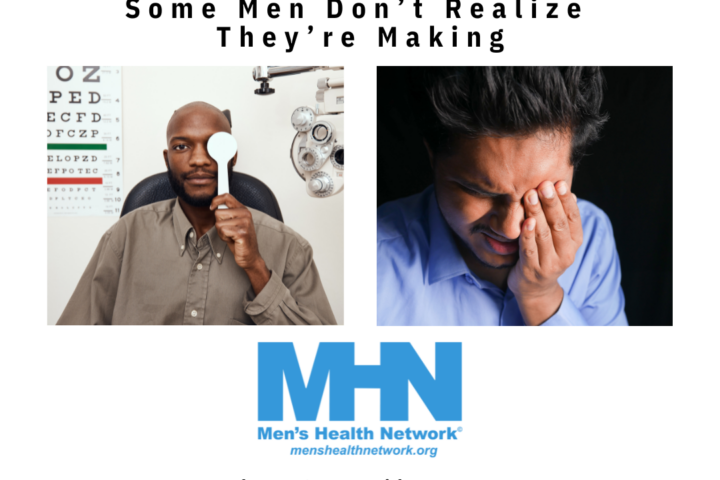Did you think that 2017 was a wild year? Me too. In so many ways, the improbable became reality. And, I have to admit, this includes science: It was a breathtaking year for epigenetics research.
If you recall, epigenetics is the study of how our genes are switched on and off and is a field that came to light after the human genome project was completed in 2003. In the past decade and a half, we have learned that we are much more than just a pile of genes and chromosomes. In fact, much of what we call health, disease and inheritance has more to do with how our genes are switched on and off rather than how they are mutated or altered. What’s also clear is that environmental cues such as diet, disease and lifestyle play a much greater role in switching genes on and off than we ever thought.
Truly, what we learned about epigenetics this past year was spectacular. It has literally been an epigenetics gold rush similar to Bitcoin madness. Here are some highlights.
- Maternally inherited epigenetic marks are important for embryogenesis. Fruit flies were used to explore how epigenetic information is transmitted from mother to embryo. Although most epigenetics marks on DNA are erased during embryo formation, certain ones are retained. And the ones that are retained appear to be crucial for early embryo development. This supports the notion that mom’s health influences baby’shealth.
- Paternal environmental exposures affect the sperm they make. This study evaluated 48 couples undergoing IVF. Researchers measured phthalate compounds (a putative reproductive toxin) in fathers and correlated them to sperm epigenetic marks. Among marked regions that correlated with phthalate levels, many were found in genes involved in growth, development, cell function and maintenance. This suggests that paternal health and lifestyle can influence pregnancy outcomes.
- Epigenetic changes from cigarette smoke may initiate lung cancer. There is a strong association between epigenetics and various cancers but exactly how they are related remains a mystery. Using lung cells grown in culture and exposed to cigarette smoke, researchers detected abnormal DNA methylation in tumor suppressor genes, essentially inactivating them and allowing cancers to develop. This provides an actual mechanism by which tobacco smoke can induce cancer.
- Epigenetics is important for inflammation and autoimmunity. The immune system is highly plastic and reactive in the way it responds to internal and external cues, a perfect case for epigenetic regulation. Researchers have elucidated how epigenetics can cause asthma, allergies and inflammatory bowel disease.
- Epigenetics explains how caloric restriction lengthens lifespan. It’s been known for a century that starvation in animals dramatically extends their lifespan. But it has been entirely unclear why. It is thought that that the more the epigenome changes with age, the shorter the lifespan of the organism. Recent research has shown that caloric restriction slows the ”epigenetic drift” that occurs with age in animals and prolongs life.
- It appears possible to select epigenetically better sperm for assisted reproduction. For several million years, in both land and marine mammals, sperm have had to travel a ridiculous path from the female cervix through the uterus to the egg to achieve a pregnancy. This is probably why so many are called but so few end up being chosen sperm. Inspired by this “evolutionary filter,” we developed a novel microfluidic obstacle course for sperm in a dish and found that those that make it to the end are epigenetically more fit than those that didn’t. We’re hoping to make it clinically available in a year or so.
I must admit that was quite a year for epigenetics. And a lot of what we learned is this: Make no mistake, the way you live your life matters, not only for your own health but for the health of your offspring. So, buy those barbells, lose that weight; eat well and treat that body of yours like a temple. It matters more than ever!
This article first appeared on Dr. Turek’s blog.
Photo by Ludde Lorentz on Unsplash




